Outcome of Vienna talks on anti-Iran sanctions: 'Almost nothing'
Talks between Tehran and the other signatories to the 2015 nuclear agreement in Vienna have yielded no results so far, with Iran’s top negotiator saying there was no agreement yet on how sanctions will be removed or the verification of their removal.
On Friday, envoys from Iran and the P4+1 group of countries — Britain, France, Russia, and China plus Germany — wrapped up four days of talks in the Austrian capital aimed at removing sanctions on Tehran and discussing other issues.
The fate of the multilateral deal has remained uncertain since May 2018, when former US president Donald Trump pulled his country out of the accord and re-imposed the anti-Iran sanctions that had been lifted under the UN-endorsed document. Trump’s administration then launched a campaign of “maximum pressure,” under which it placed other sets of sanctions under many headings on Iran.
A US delegation had also traveled to Vienna, but it did not have Iran’s permission to attend the discussions.
During the negotiations, two expert-level working groups discussed the sanctions Washington might remove as well as the nuclear curbs Tehran might observe, and reported their conclusions to the JCPOA Joint Commission.
‘Processes of sanctions relief, verification not yet finalized’
Speaking to Press TV on Friday night, Deputy Foreign Minister Abbas Araqchi, who headed the Iranian delegation to the Vienna talks, said the discussions will resume on Wednesday.
“The conclusion is that we think we are going in the right direction and that we have to continue. It was something that all delegations agreed. We had three days of intensive discussions in two working groups and the job done by the working groups was fairly good, but still they need to continue discussions, especially in the field of sanctions lifting because it is so complicated,” Araqchi said.
“Today, we heard the reports by the two working groups. And we decided to give them a break to go back and have more consultations in their capitals and we come back fresh on next Wednesday to resume the talks,” he added.
Explaining Iran’s stance on the verification of the sanctions’ removal, Araqchi said, “What we mean by verification is to see the effects of sanctions lifting in practice. So, it is not enough for the US to sign waivers or executive orders."
"They have to officially sign [the orders], but what matters for us is to see the effects of sanctions lifting on the ground. And we insist that we have to verify what is lifted. This needs its own methods that we are working on. I don’t know how long does it take. But, we stand ready to discuss with other JCPOA participants for a fast and easy verification.”
Araqchi also reiterated Iran's position that the US should take the first step to lift all its sanctions on the Islamic Republic before Tehran pedals back on some of the "remedial" measures which it has taken in response to the other side's non-compliance.
“Well, this is a very logical and reasonable position by Iran and everybody understands by reason that the US has left the table. The US has left the JCPOA and they have to come back first. They should lift their sanctions and become again a participant to the JCPOA. Then, Iran would follow and go back to full compliance,” he said, referring to the Joint Comprehensive Plan of Action by its initials.
“This is actually a concept that almost everybody agreed on. We need to somehow identify how this is going to happen, but before we come to that point now we are working on the measures that both sides should take. Once we have done with this and once we know exactly what the US should do and what Iran should do, then we have to work on the question of sequence of verification,” Araqchi added.
Asked about the kind of sanctions relief, the Iranian deputy foreign minister said, “We know we have to go back to the same model in the JCPOA. They are sanctions which should be terminated and the US president has the authority to terminate them. So, they should obviously be terminated through executive orders. “
“For the sanctions that are the result of Congress legislation, the (US) president could only waive. This has been mentioned in the JCPOA. So, we want all those sanctions be reversed… Whatever imposed, re-imposed or re-labeled during the Trump administration and whatever is mentioned in the JCPOA should be lifted and they should reverse whatever has been done and I think the Americans know best how to do that.”
Iran’s top negotiator, however, said the discussion is going on.
"We are now in a position to have a better understanding of each other’s position. As I said we have a long way to go. We are not still in a position to say what the measures should be taken exactly by both sides. But, we are moving on that direction. Our demands are clear and we insist on that. Let’s see what happens in the next rounds."
Lebanon’s parliament speaker urges pressure on Israel to stop ceasefire violations
UK government asked not to release Mandelson emails on Epstein: Report
VIDEO | Gaza Ramadan initiative
Hillary Clinton slams Trump for ‘betraying the West and NATO’
UN Staff group defends Francesca Albanese, condemns European ministers’ ‘vitriolic’ accusations
We will fight to the death for Iranian waters and islands: IRGC commander
Sheikh Qassem: Hezbollah does not seek war, but will never surrender
Hamas slams Israel's plan to expand East al-Quds boundaries


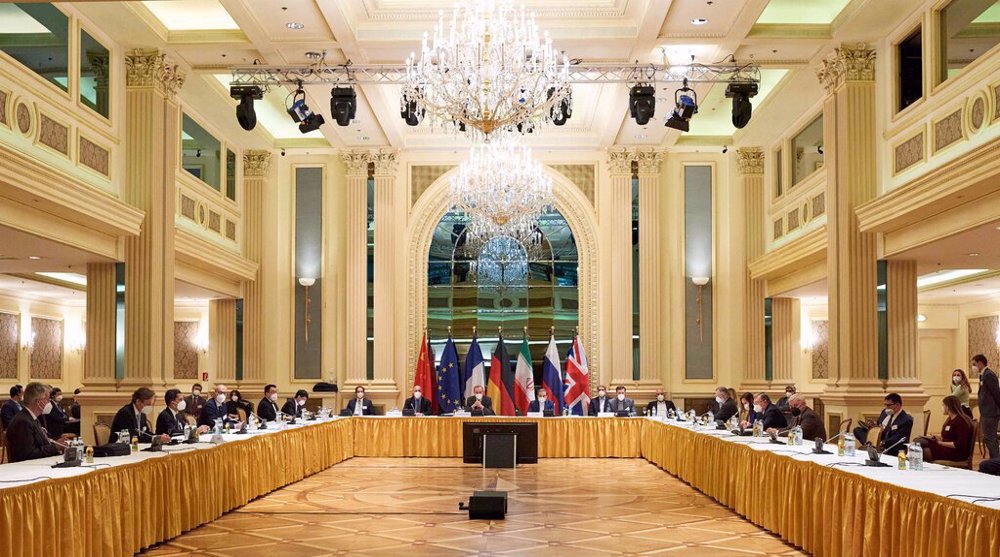
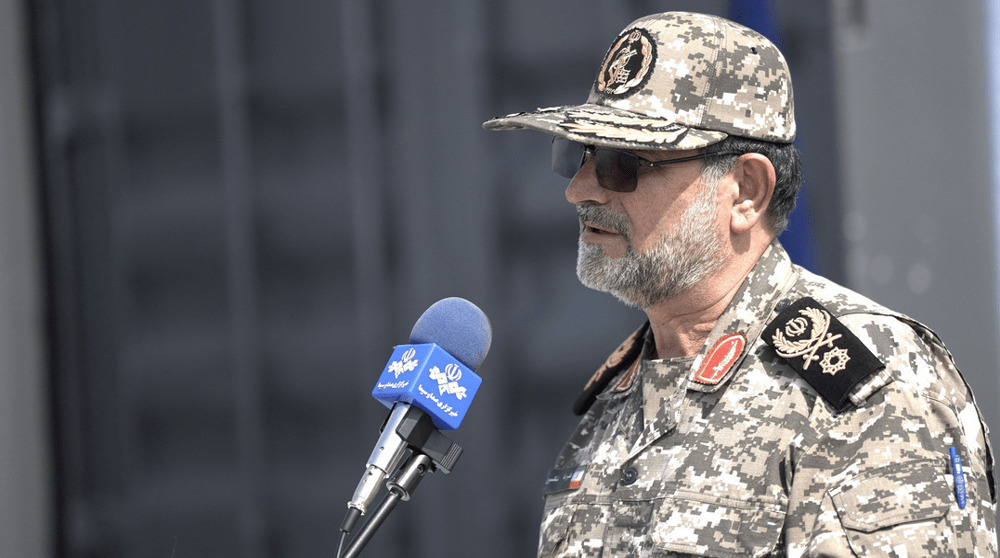
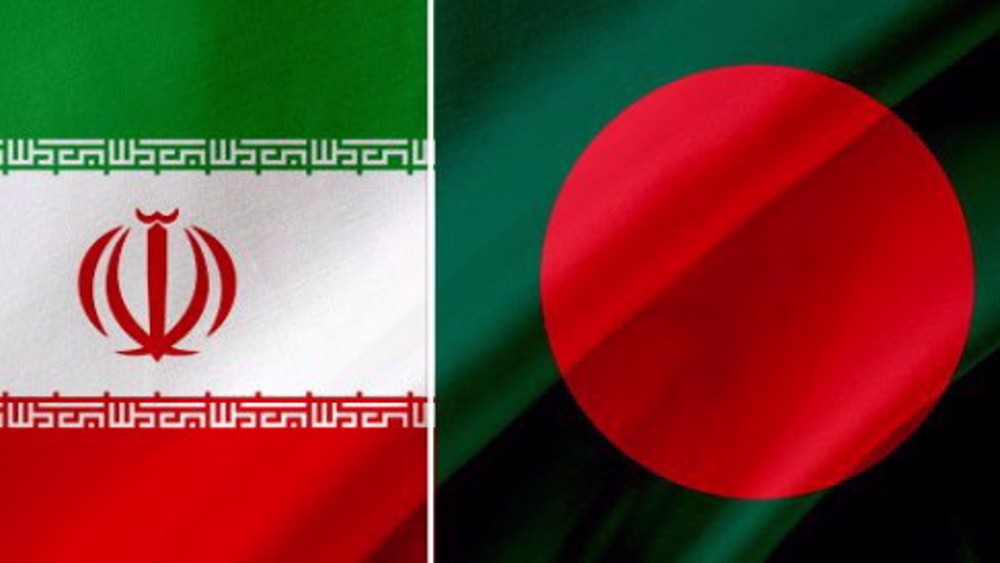
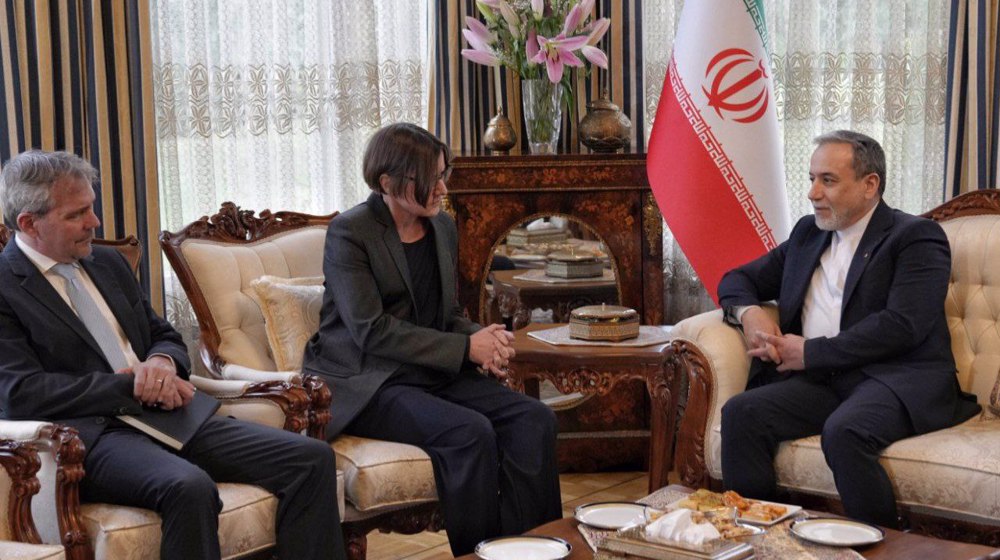



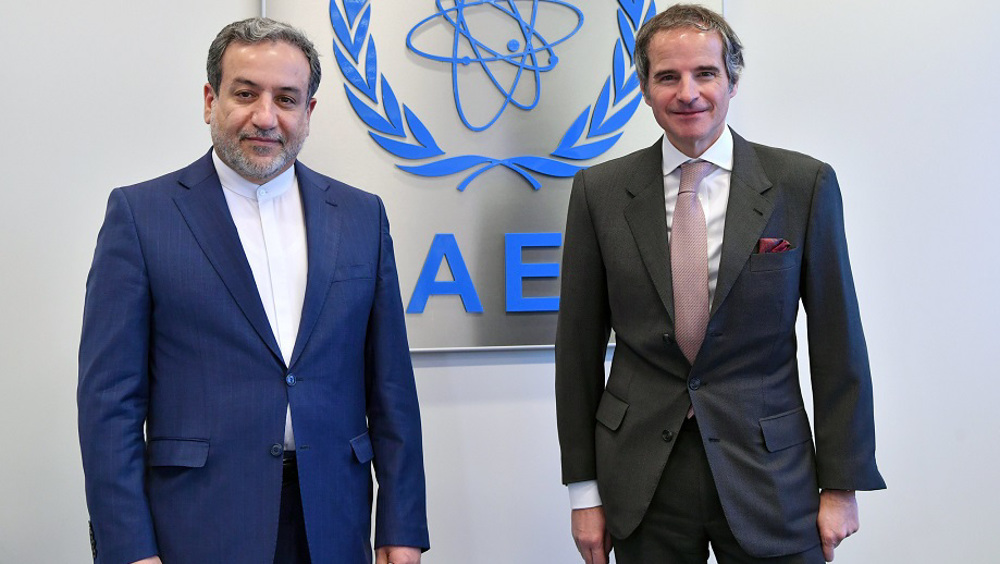
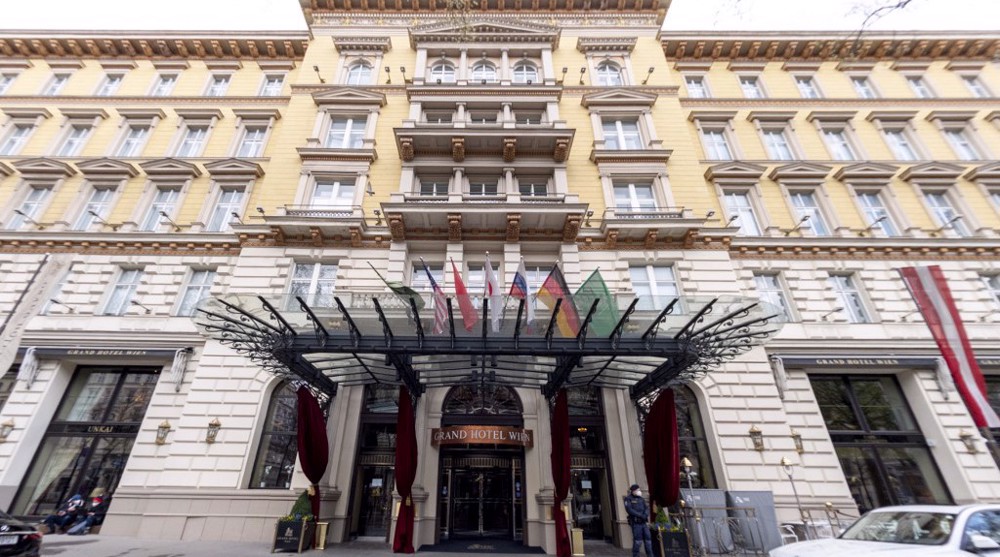
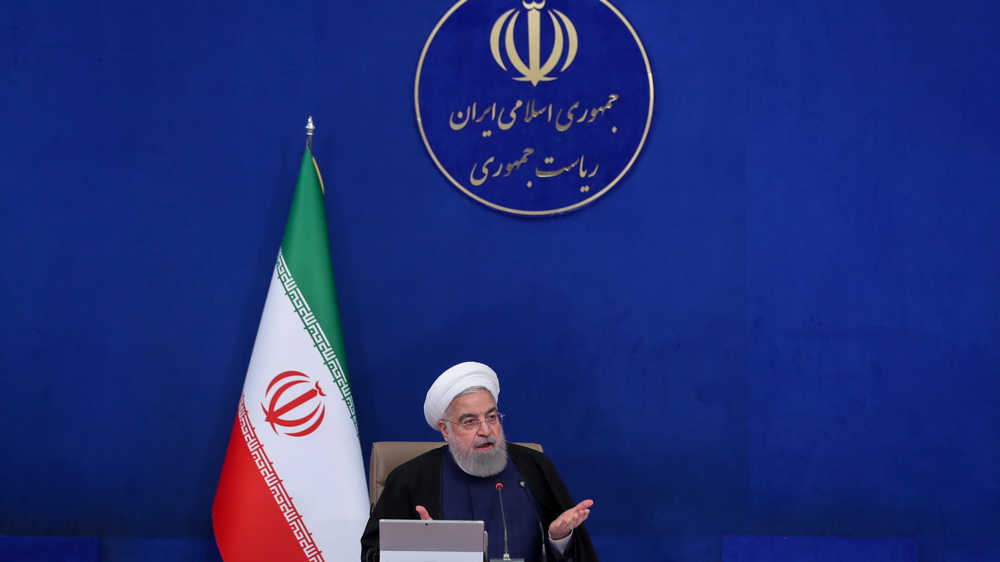
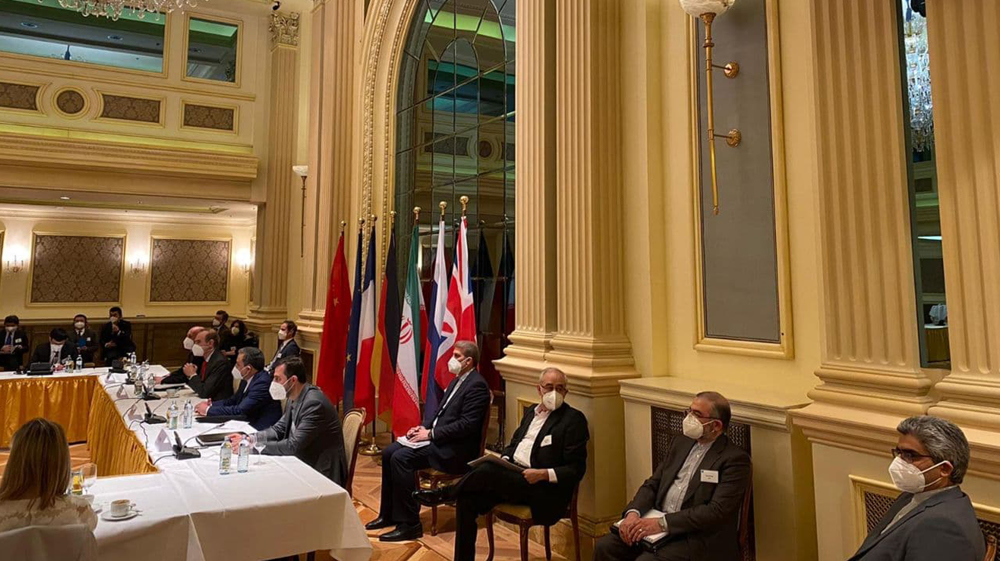
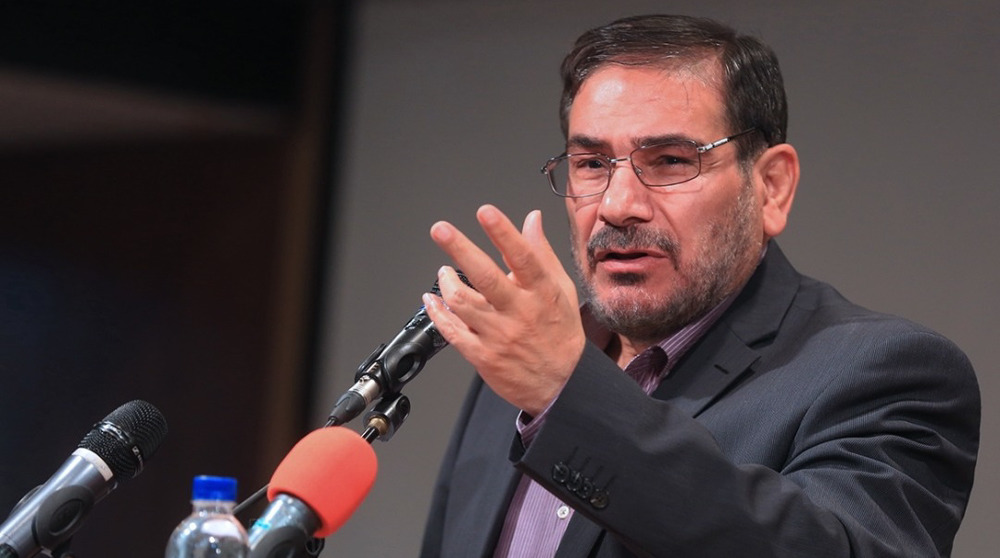
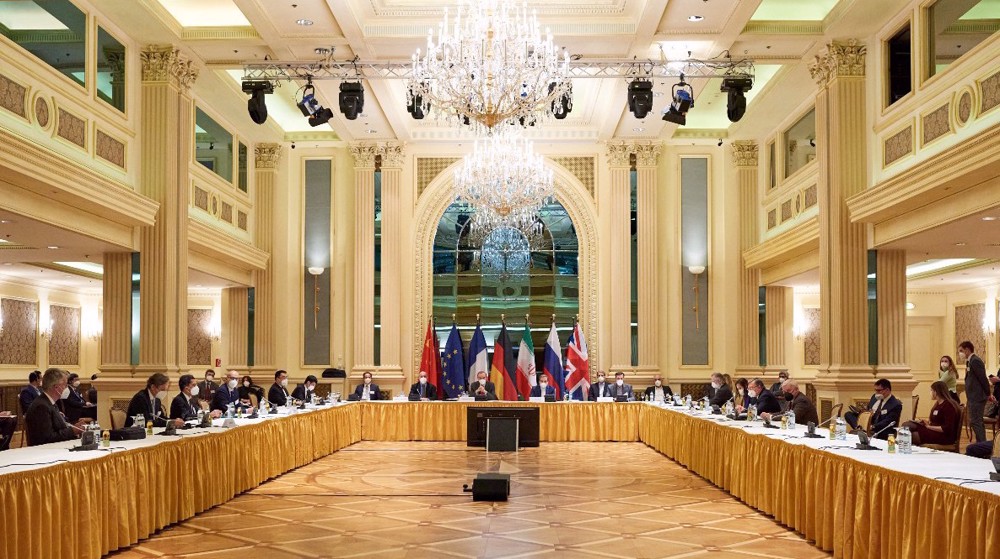

 This makes it easy to access the Press TV website
This makes it easy to access the Press TV website